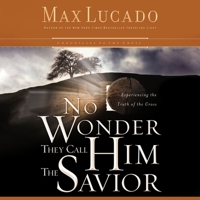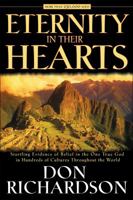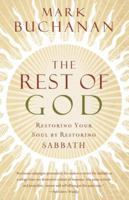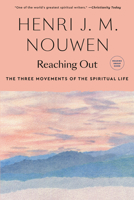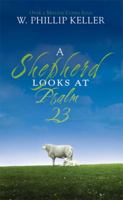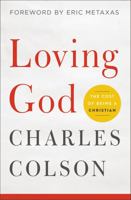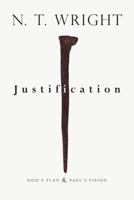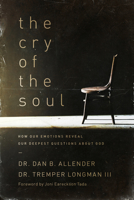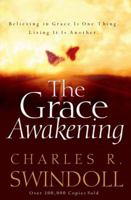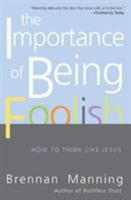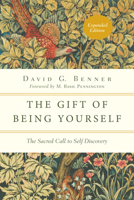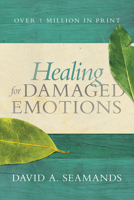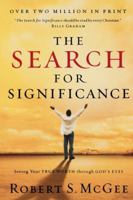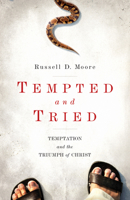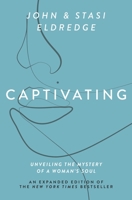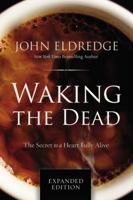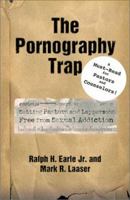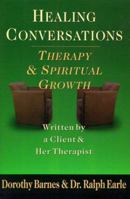Lonely All The Time: Recognizing, Understanding, and Overcoming Sex Addiction, for Addicts and Co-dependents
Select Format
Select Condition 
You Might Also Enjoy
Book Overview
Customer Reviews
Rated 5 starsSo glad this book was written.
As a psychotherapist and author of the book, THE ULTIMATE BETRAYAL: THE ENABLING MOTHER, INCEST AND SEXUAL ASSAULT, I found so many of my questions about the non-perpetrating family members of incest survivors answered in this book. I am glad it was written because it is so thorough and comprehensive. I will recommend it to many colleagues and clients. Audrey Ricker, CRC, LPC
0Report
Rated 5 starsThis book should be on the bestseller list
I bought this book because I'm writing a book on relationships. At one time I was a counselor for alcohol and drug addicts, and there are many books on addiction but they sugar coat the problems. This book just tells it like it is. The book clarified the problems with being addicted. The thoughts in the book apply to any addiction. The destruction to the family and friends applies to any addiction.
0Report













